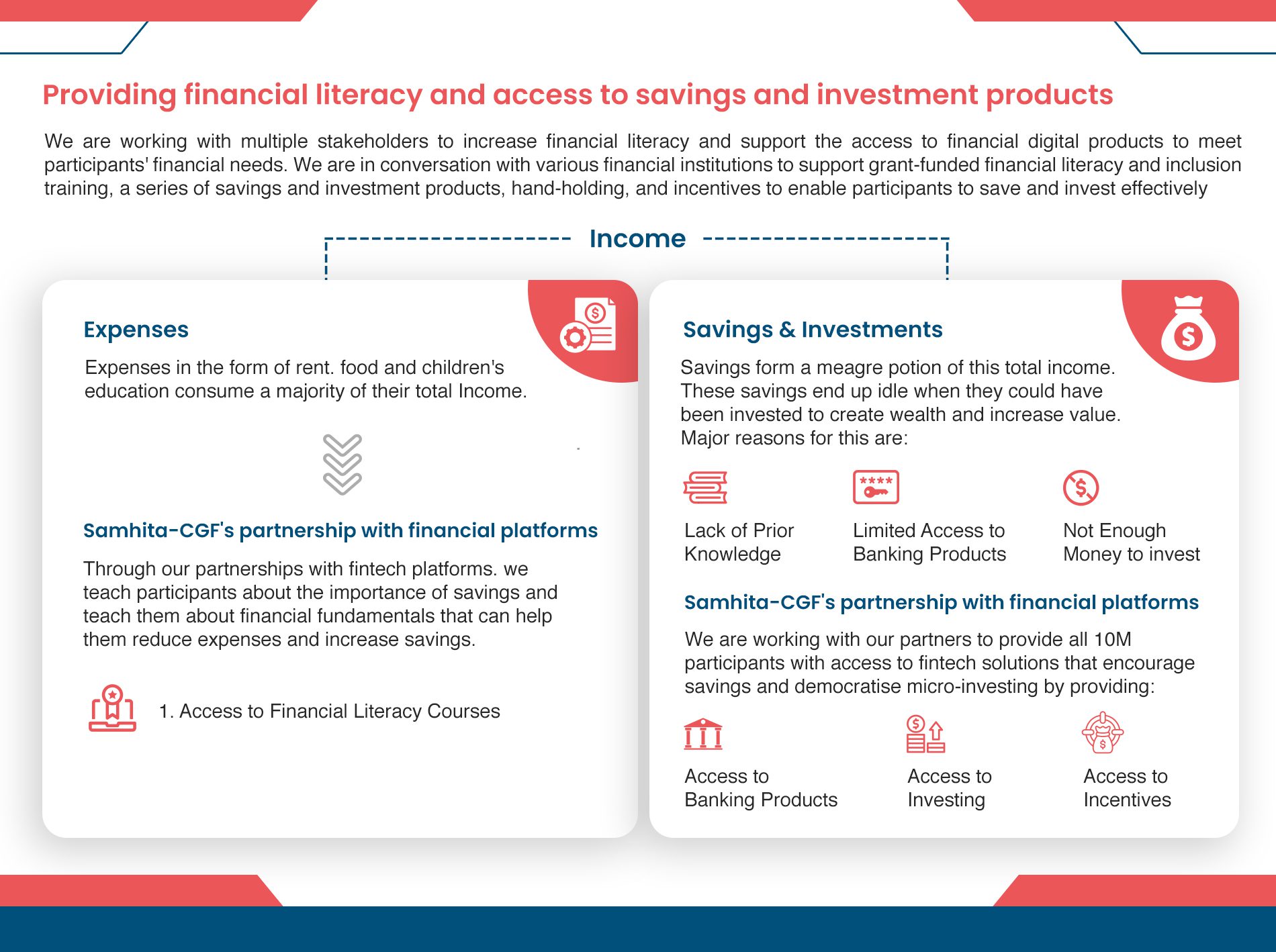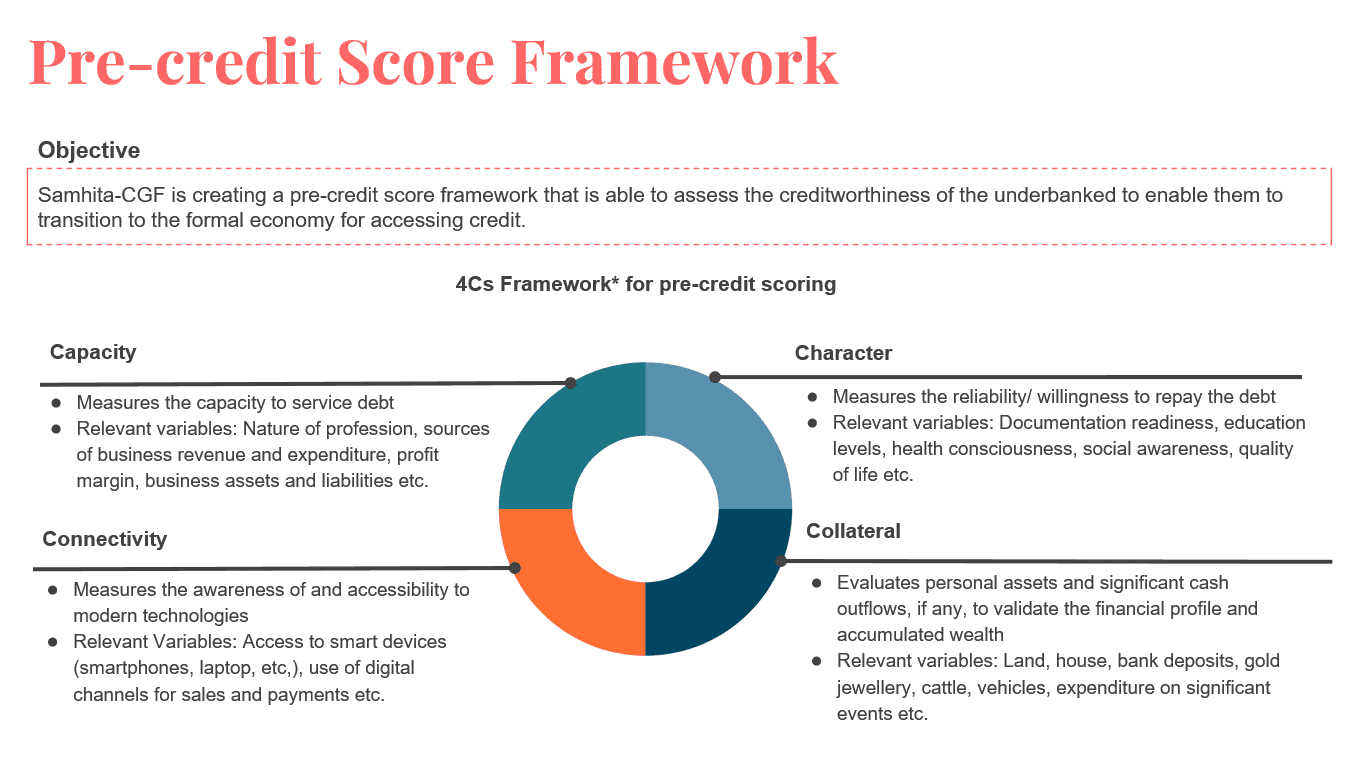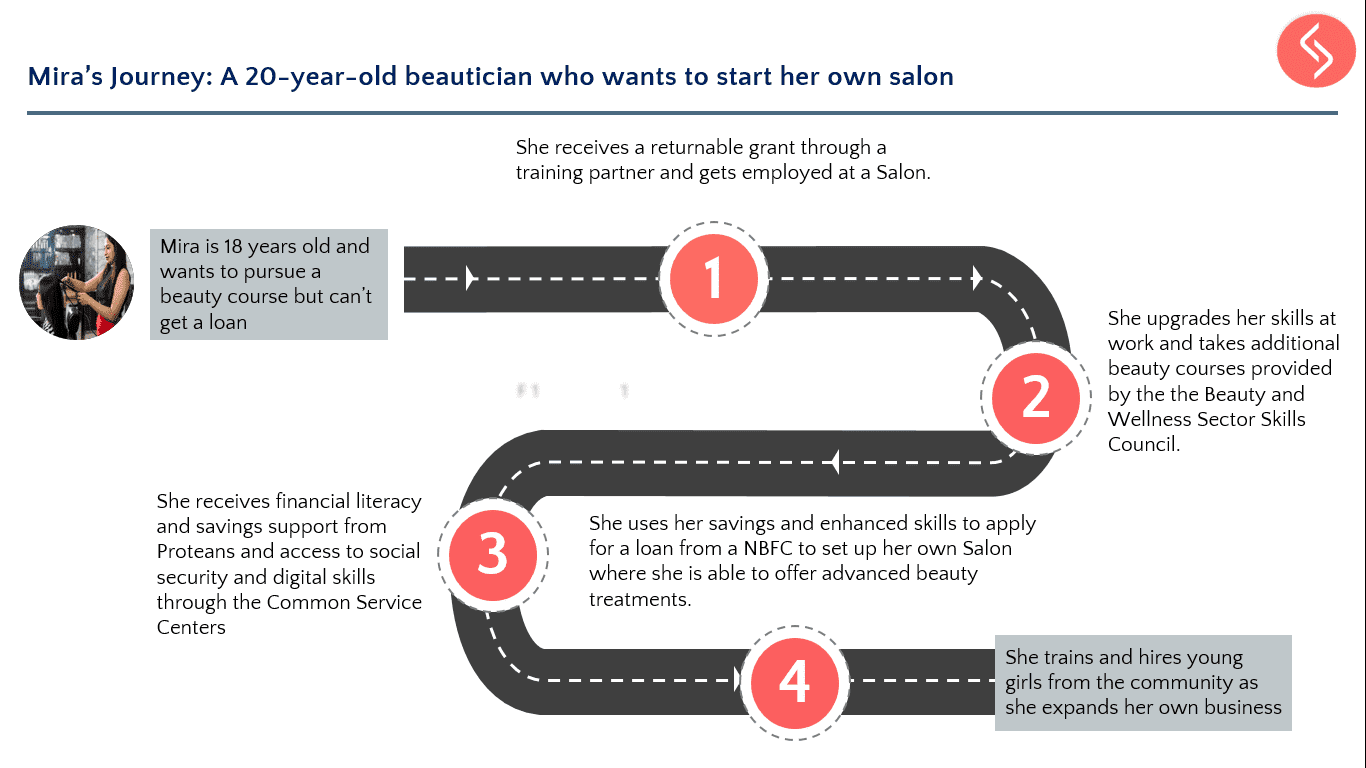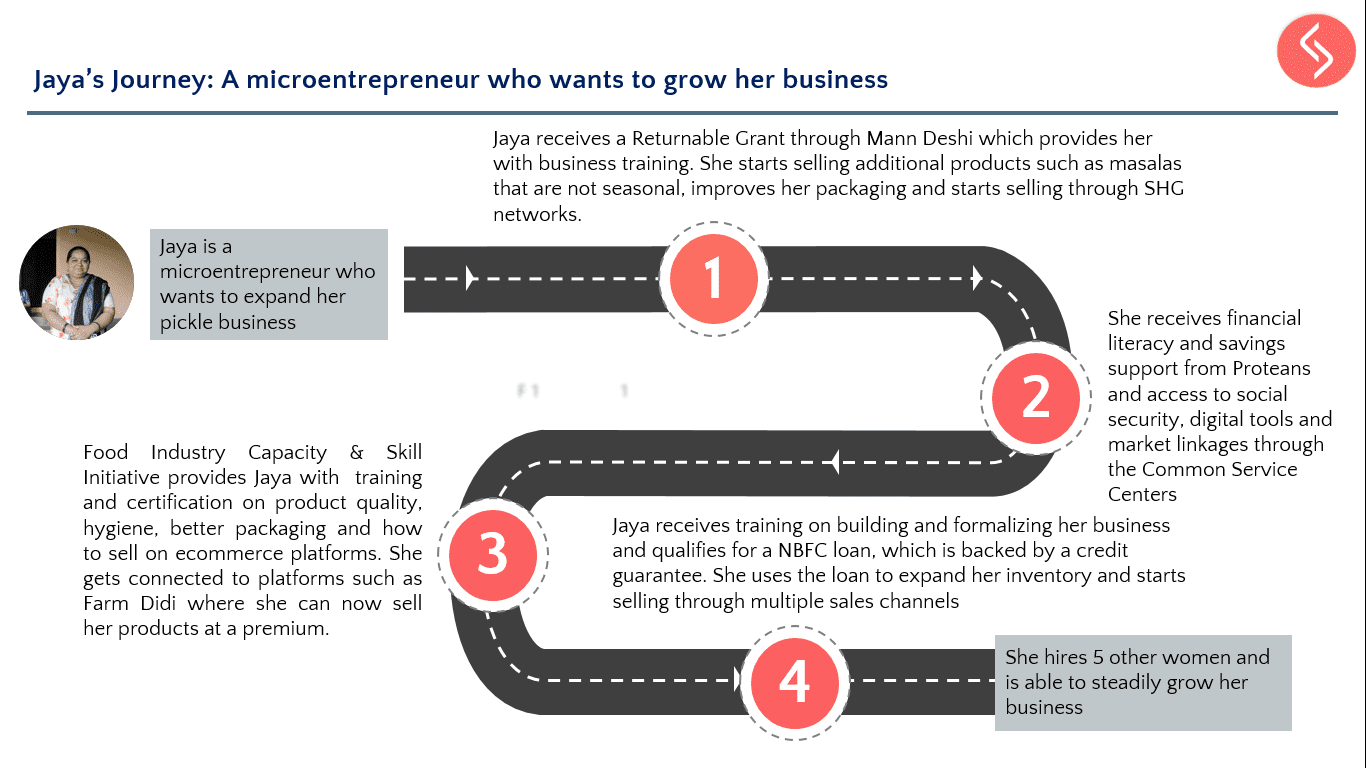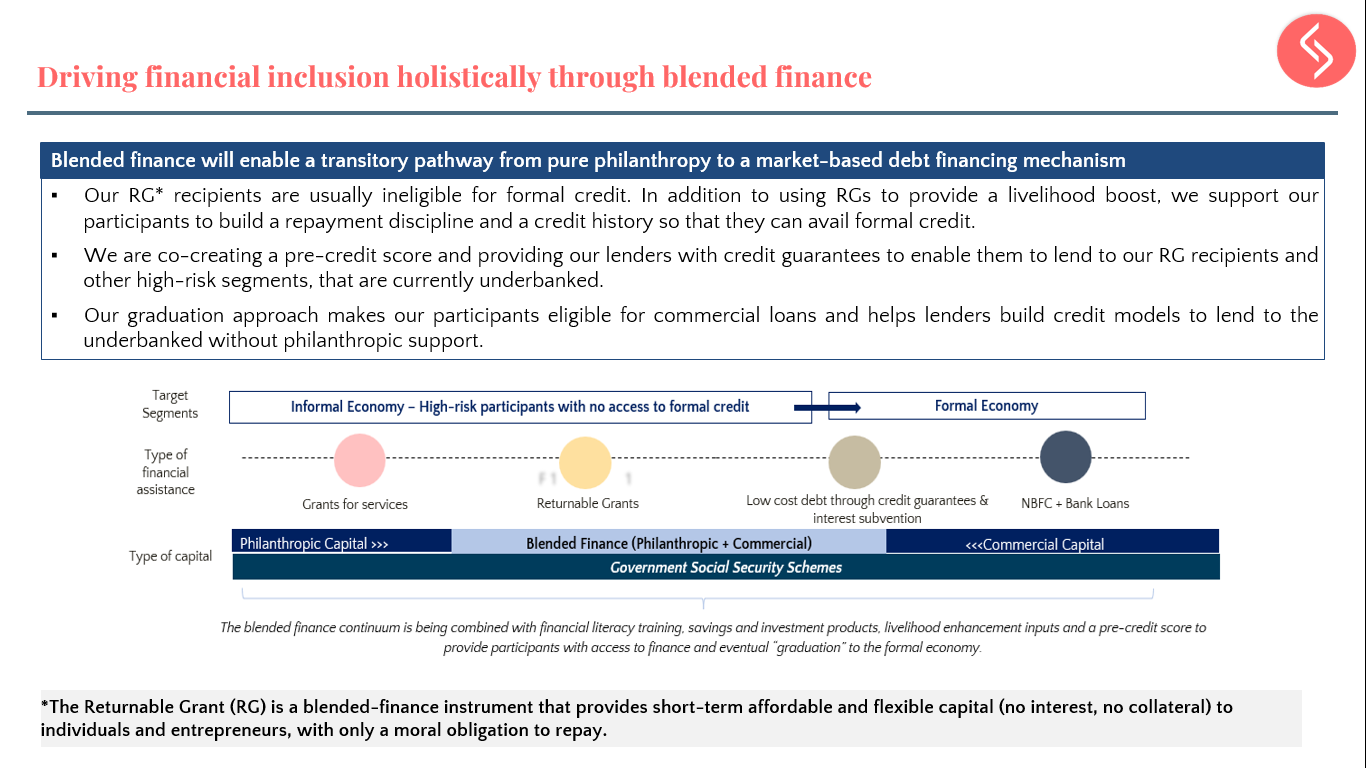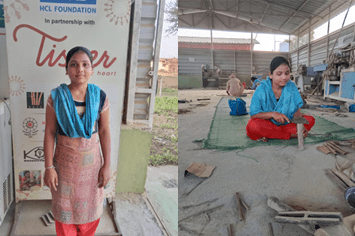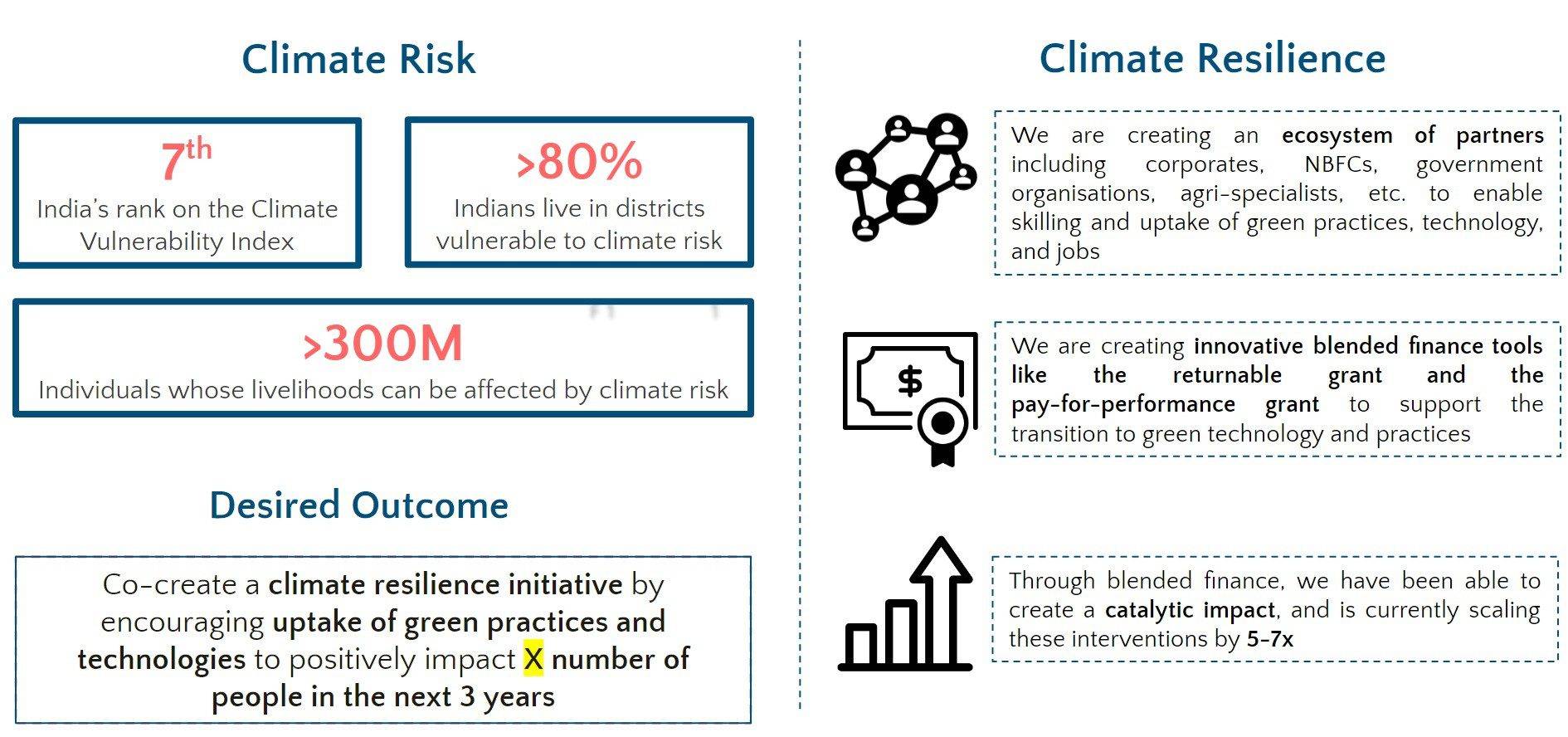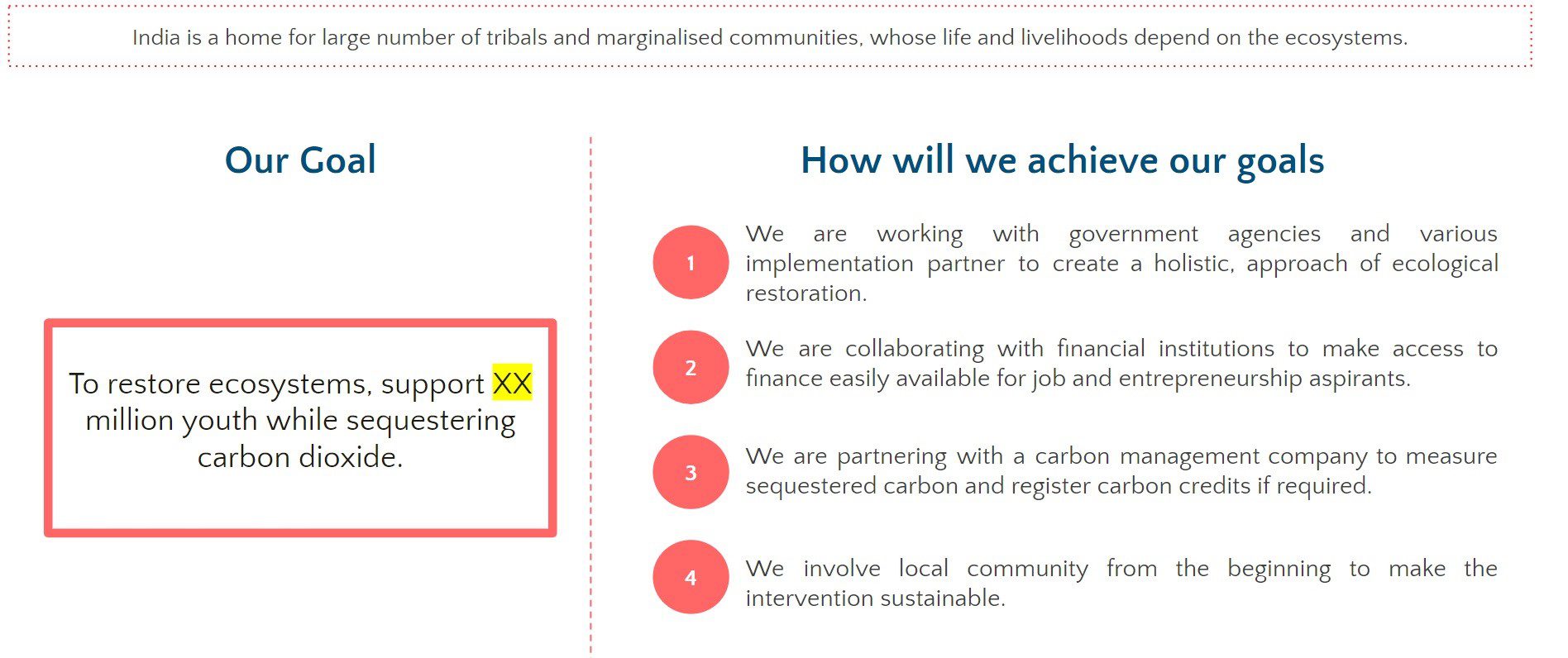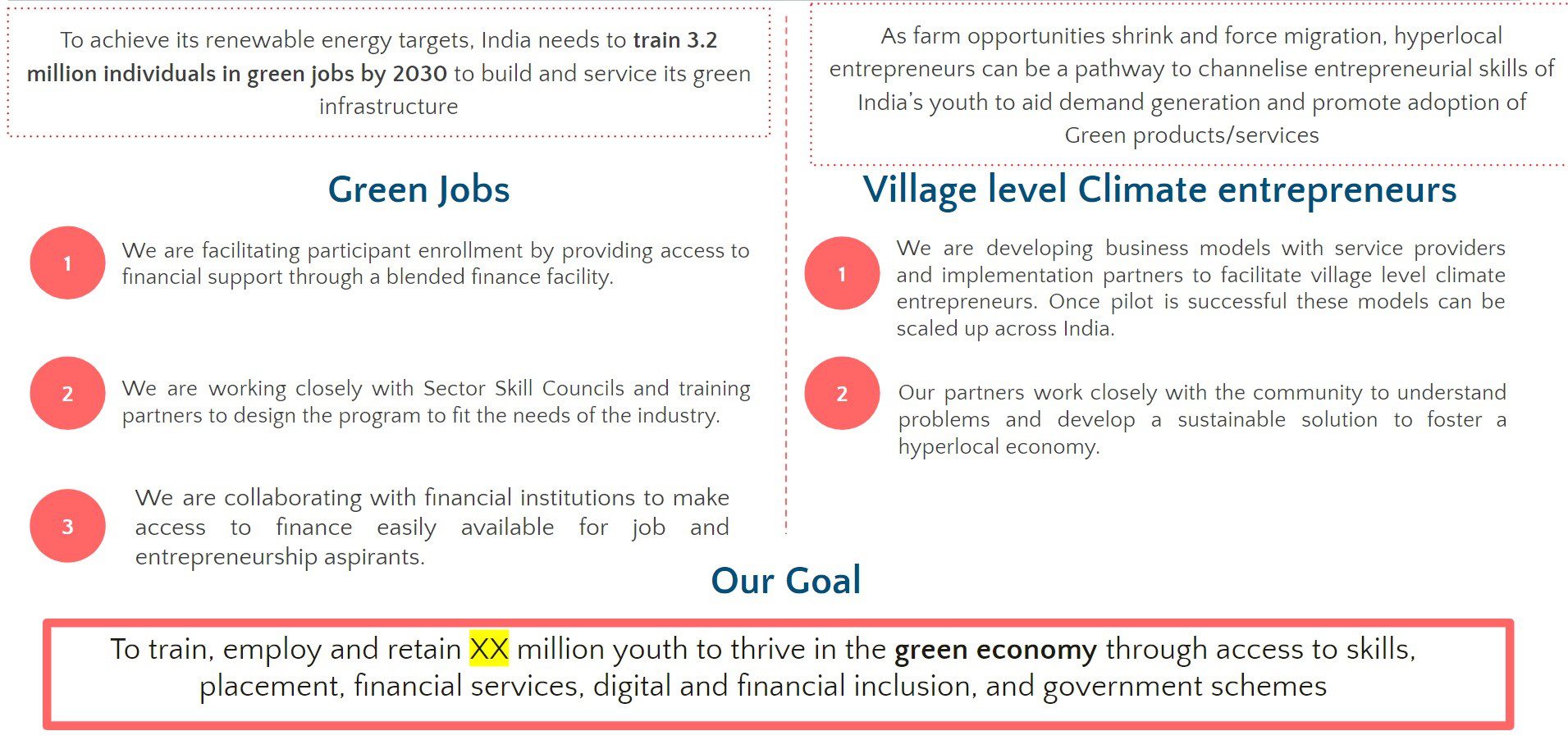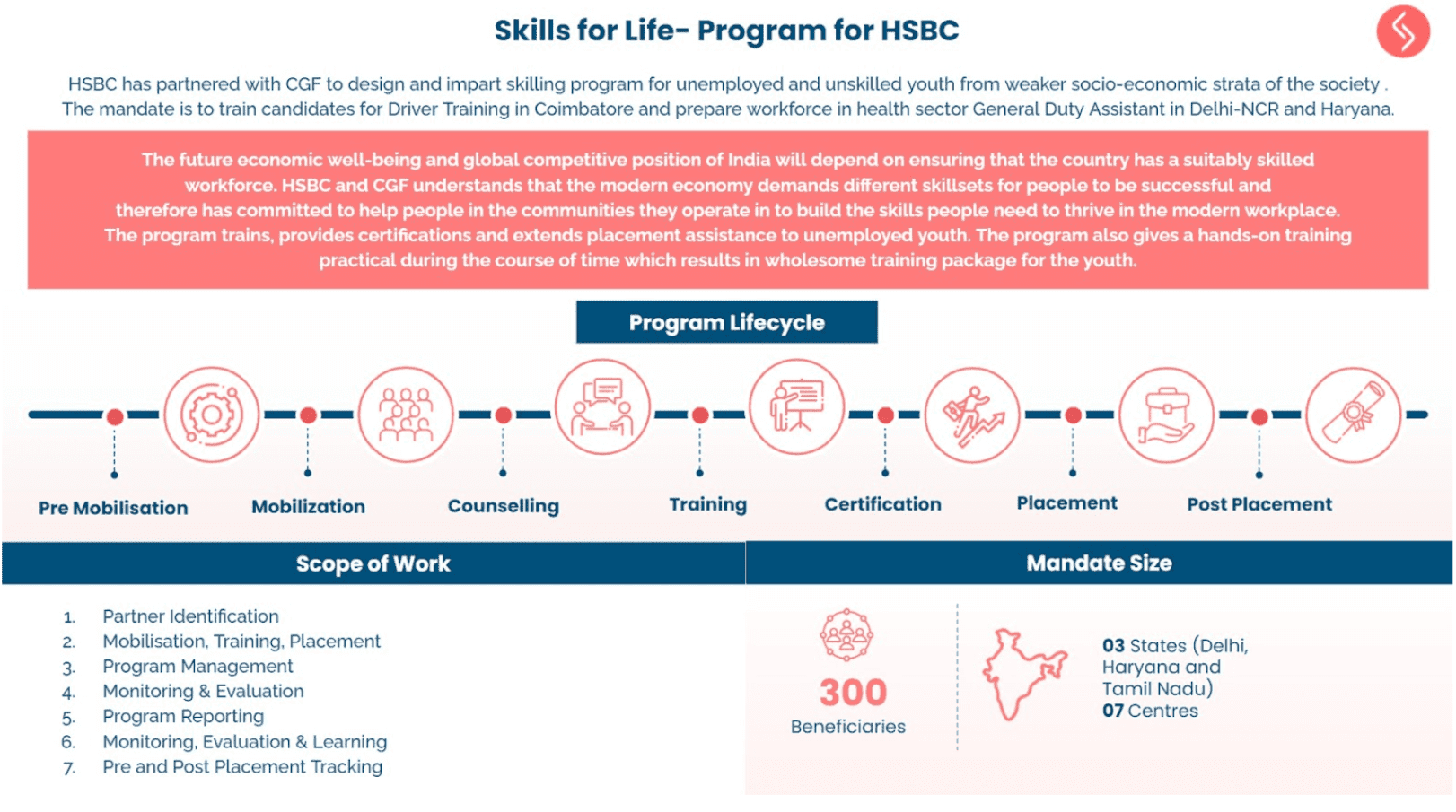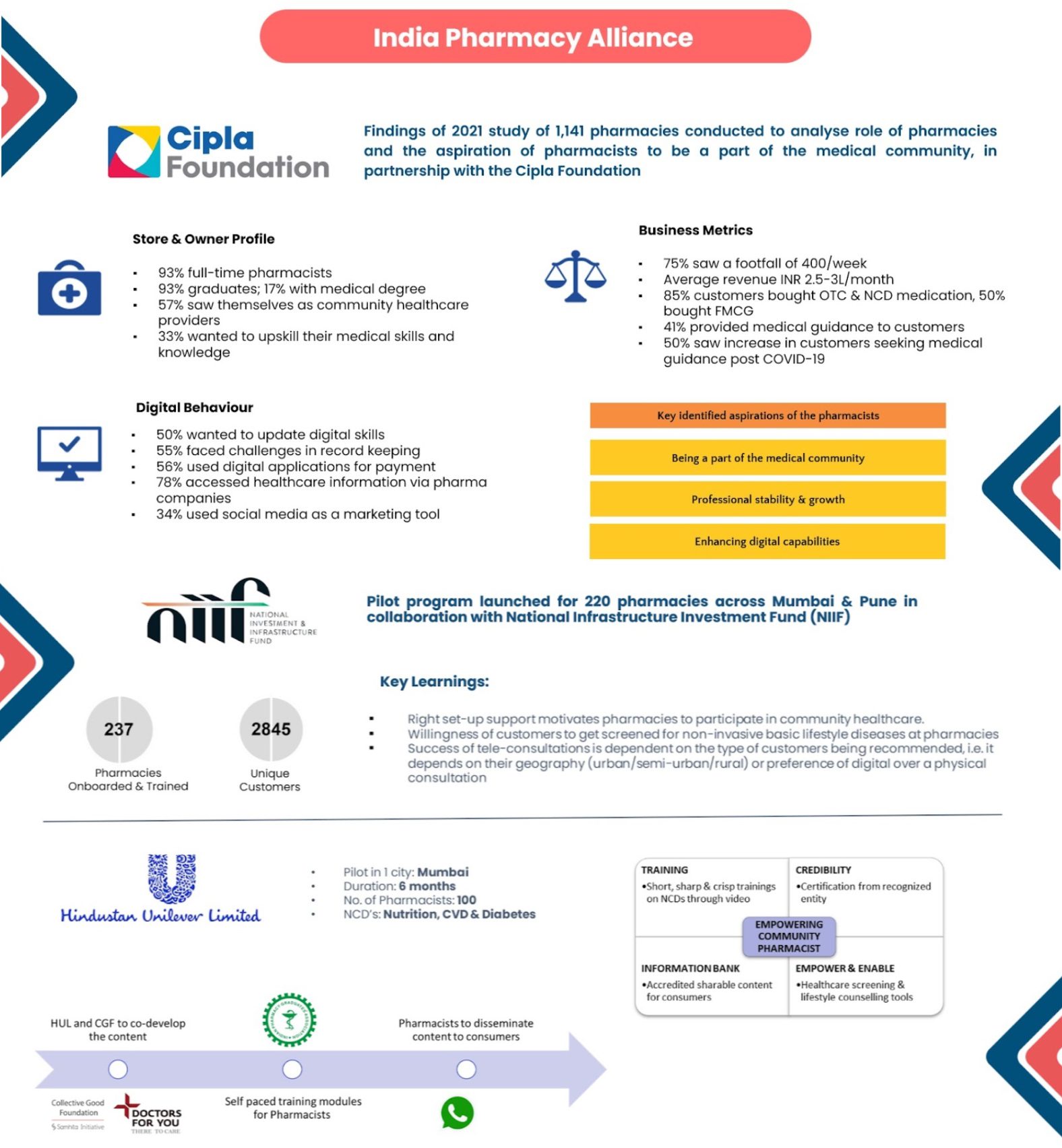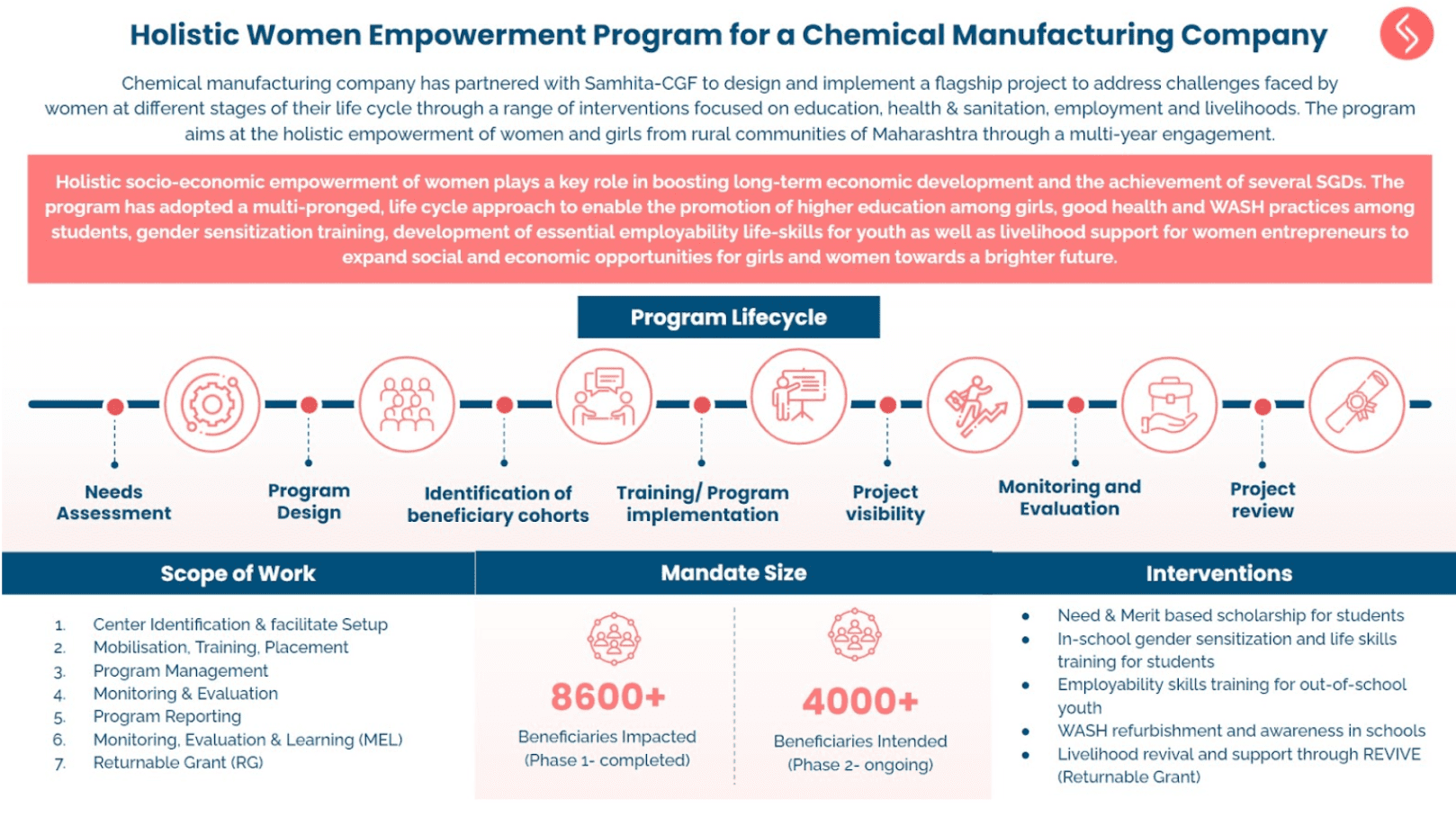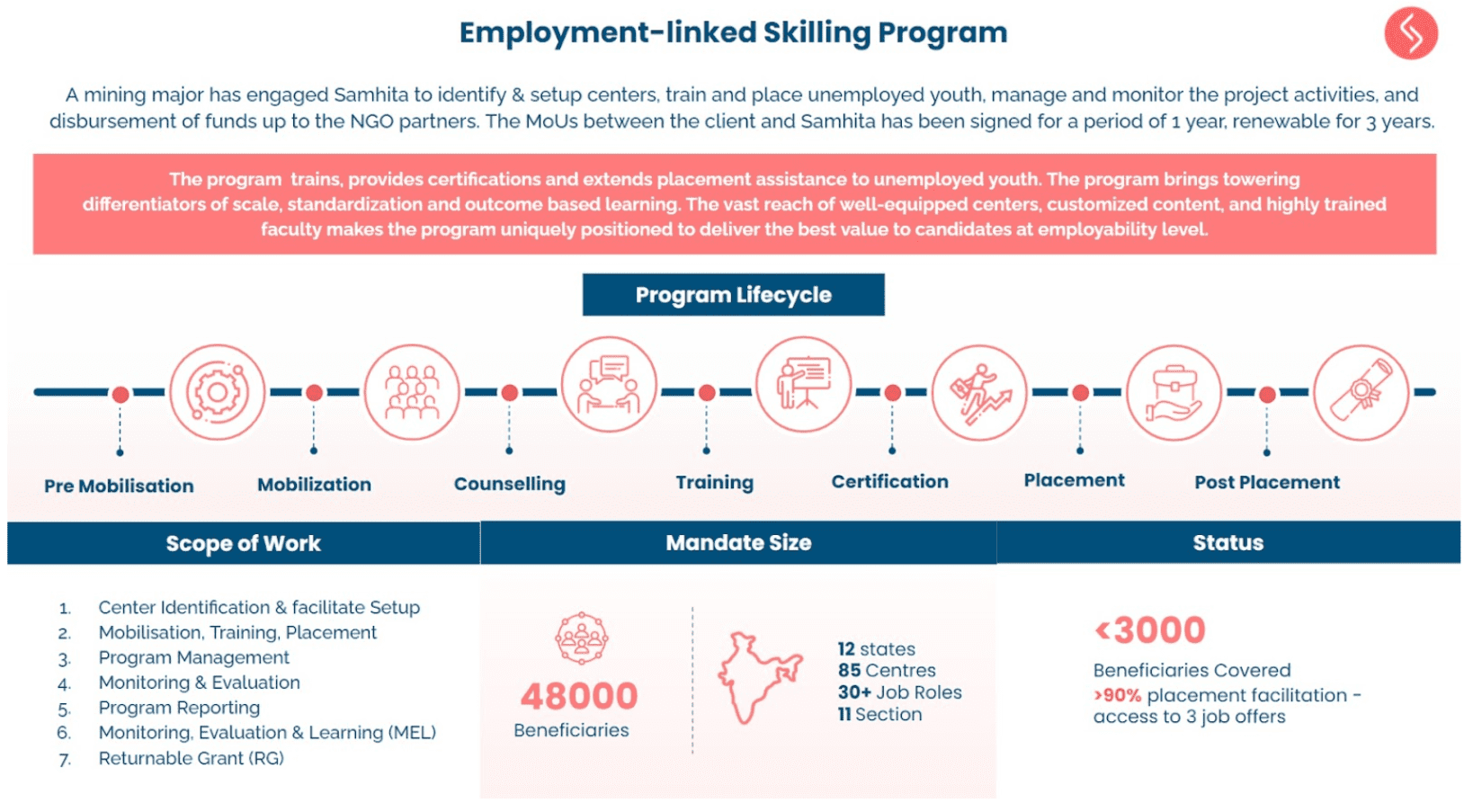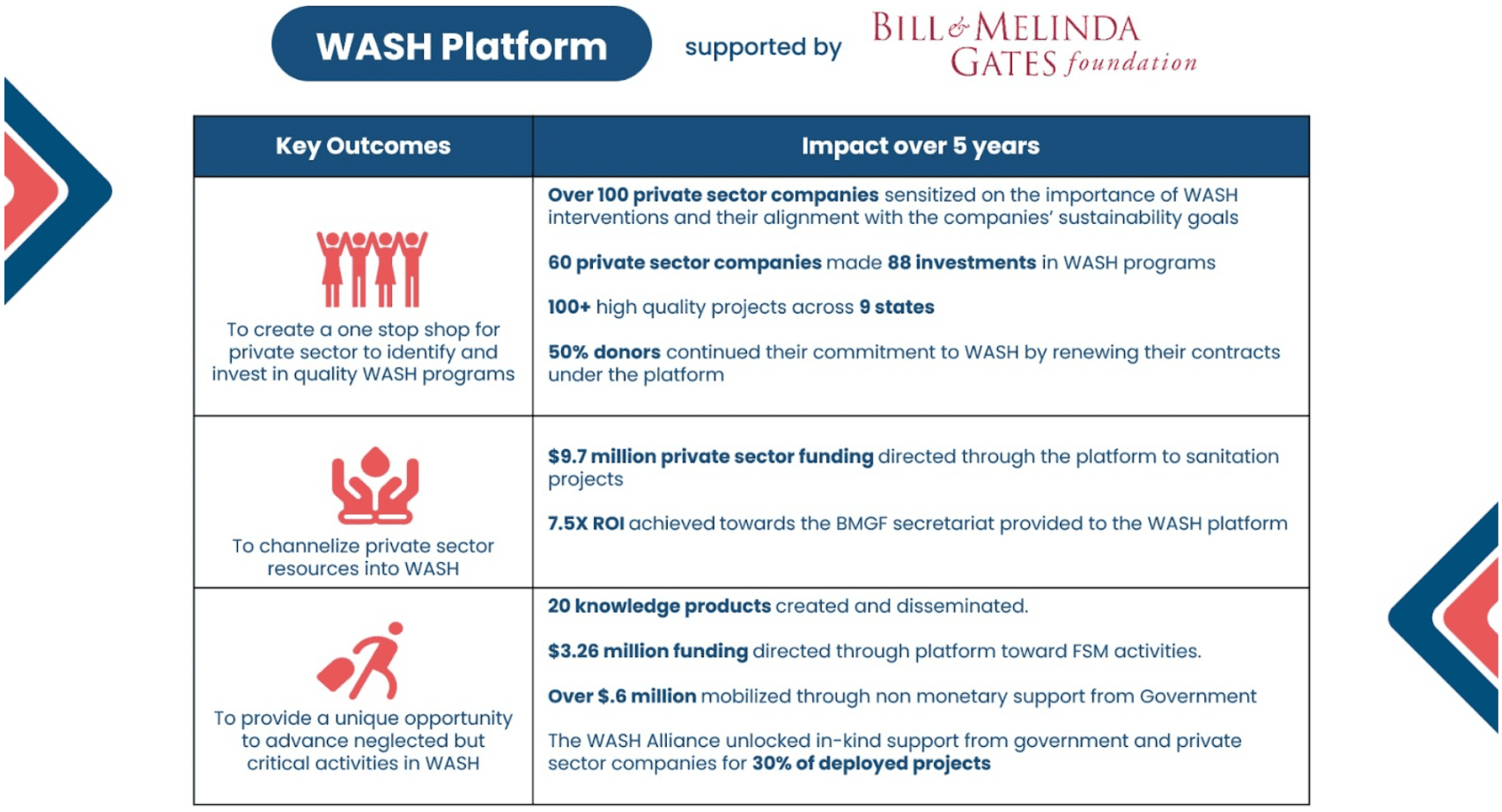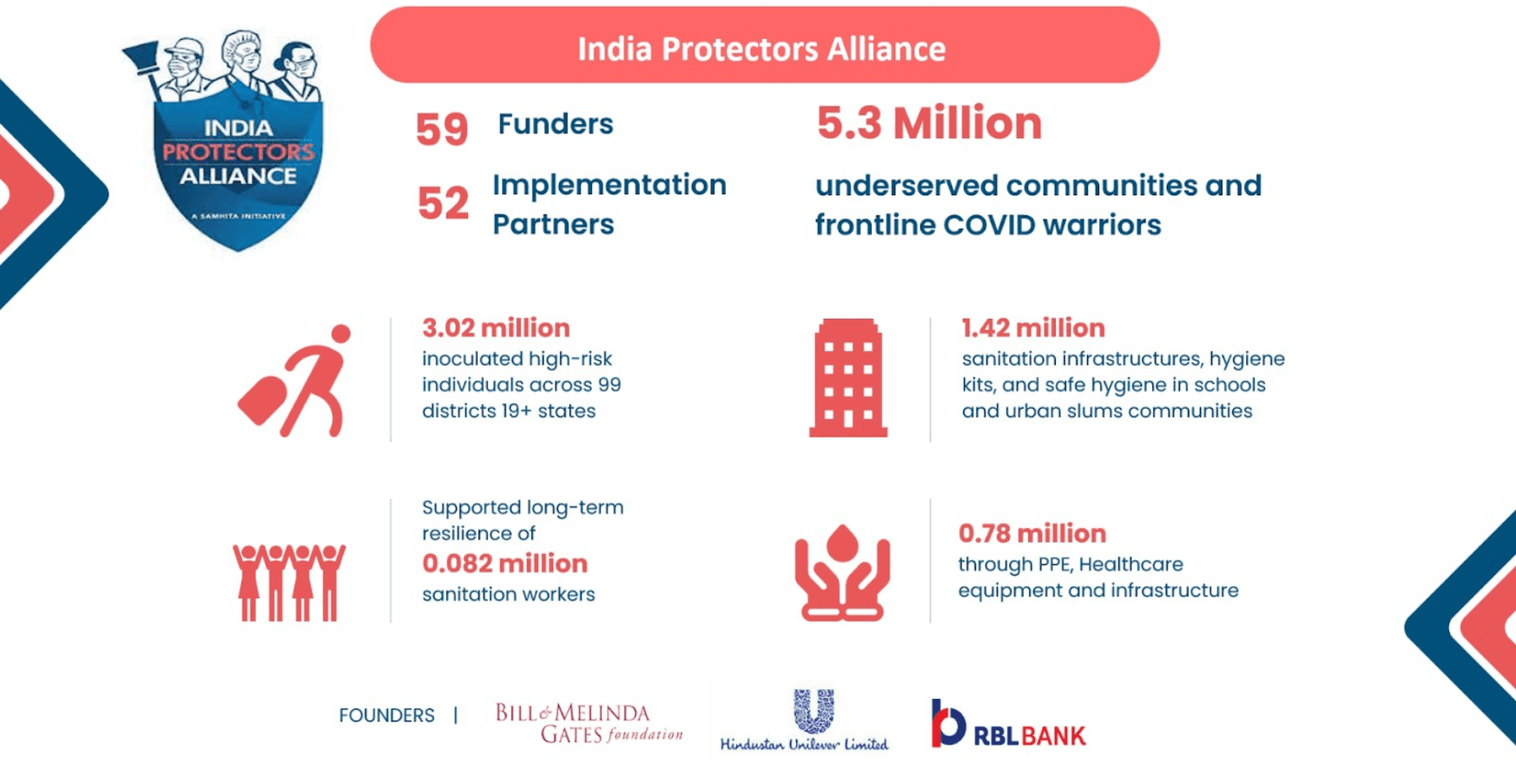As part of its CSR services, Samhita Social Ventures undertakes community needs assessment for companies to align the expectations and intentions of the company with priorities identified by the community that it seeks to benefit as a key stakeholder. This is accomplished by conducting door-to-door surveys, interviews with key informants in the village (such as sarpanch, asha worker, aanganwadi workers) and focused group discussions with the residents.
Through our intense and in-depth interaction with communities across the country, we have realized that community participation and acceptance are critical in ensuring the success of CSR programs. While the theoretical discourse on development has always acknowledged the importance of participatory approach (you may have heard of Robert Chambers and Paulo Freier), this takes on a pragmatic connotation for companies beginning to think about CSR in India.
Our work has shown that the aim should be to address social implications of corporate activities by securing community participation in decision-making and consideration of local knowledge and the environment. The community should drive and own these initiatives. Any tendency to superimpose or force CSR or other development initiatives top-down on communities could be disastrous.
So for example, during one such assessment in two clusters of Vadodara District, Gujarat it was observed that 87% people defecate openly every day. While reducing open defecation is a national and international priority, it was most interesting to note that communities in one cluster did not perceive it to be an issue. The assessment found that these communities defecated in the open not only because of the unavailability of toilets but due to low awareness of the potential health hazards, internalized behavior, accustomed practice, perception of high costs of maintaining and constructing toilets, caste based differences in terms of maintenance and cleaning, etc. It was seen that these communities appeared resistant to using toilets because of all these reasons. In this context, CSR initiatives of companies to set-up toilets for such communities to eliminate open defecation, disregarding the voices of the community, would be futile and bound to fail. The company would have, in effect, spent its funds putting up concrete structures with its branding






















